Macron's Party's Proposal Sparks Outrage: Banning Hijabs In Public For Under 15s
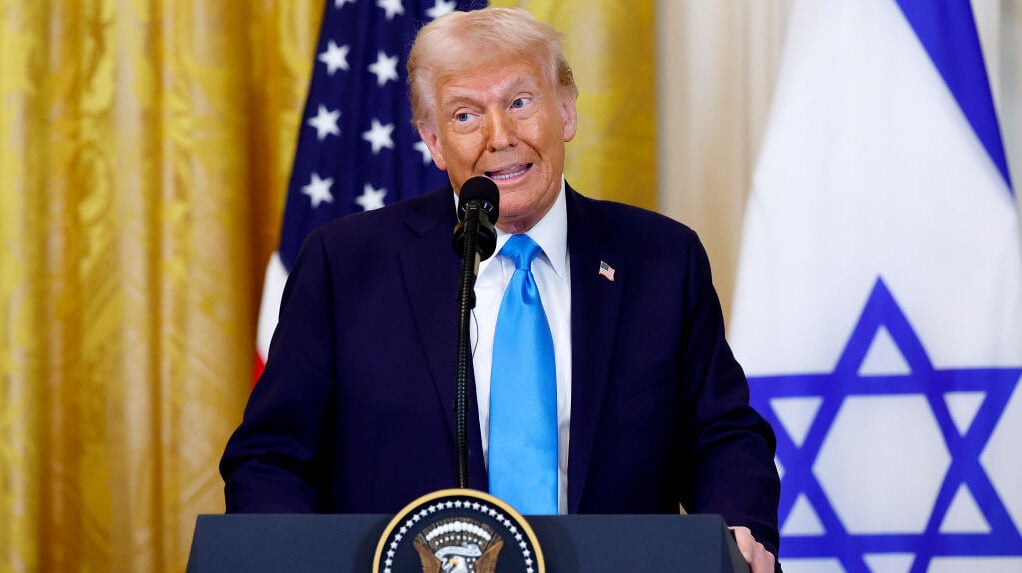
Table of Contents
The Proposal's Details and Rationale
The proposal, currently under consideration, seeks to legally prohibit girls under the age of 15 from wearing the hijab in public spaces throughout France. This underage hijab ban would apply to all public areas, including schools, streets, and public transportation. While specifics regarding penalties remain unclear, the Macron party's stated rationale centers on the protection of minors and the promotion of French secular values, often referred to as laïcité.
Supporters argue the ban is necessary to shield young girls from what they perceive as undue pressure to wear the hijab, suggesting it hinders their autonomy and prevents their integration into French society. They contend that the ban protects minors from the influence of religious extremism and promotes gender equality. However, critics argue that the very foundation of the rationale rests on unsubstantiated claims and prejudiced assumptions.
- Specific age limit (under 15) and its justification: The age limit is ostensibly chosen to protect girls deemed too young to make informed decisions about their religious practice.
- Geographic scope of the proposed ban: The ban would apply nationwide across all public spaces in France.
- Enforcement mechanisms: The methods for enforcing such a ban remain undefined, raising concerns about potential overreach and discriminatory practices.
- Penalties for non-compliance: The exact penalties for violating this potential law are yet to be specified, but potential consequences could range from fines to other punitive measures.
Opposition and Counterarguments
The proposed ban has been met with widespread condemnation from human rights organizations, religious leaders, and civil liberties advocates. Critics argue the proposal is a blatant violation of religious freedom and amounts to discriminatory targeting of France's Muslim minority. The French hijab law, if enacted in this form, would significantly impact the lives of Muslim girls and women, limiting their expression and participation in public life.
Numerous organizations, including Human Rights Watch and Amnesty International, have voiced strong opposition, highlighting the potential for increased discrimination and marginalization of Muslim communities. The proposal is seen as a setback for religious tolerance and a breach of fundamental human rights. Opponents point out that the state should not interfere in personal religious choices, particularly those of minors, provided no harm is inflicted.
- Violation of religious freedom: The ban infringes upon the fundamental right to religious freedom, guaranteed under international human rights law.
- Potential for increased discrimination against Muslim girls: The ban could lead to further stigmatization and social exclusion of young Muslim girls.
- Impact on education and social inclusion: The ban could disrupt the education of Muslim girls and hinder their social integration.
- Legal challenges to the ban: The proposal is highly likely to face significant legal challenges based on existing human rights legislation.
International Reactions and Similar Debates
The proposal has drawn international attention, with many countries and international organizations expressing concern. Similar debates about the wearing of religious symbols, including the hijab, have taken place in other European countries, resulting in varying legal outcomes. Some countries have implemented restrictions on religious attire in specific public settings like schools, while others have upheld the right to religious expression.
The debate highlights the complex interplay between secularism, religious freedom, and minority rights within European societies. The discussion also highlights broader questions about societal integration and the extent to which state authorities should regulate religious practices.
- Reactions from international human rights organizations: Organizations like Amnesty International and Human Rights Watch have strongly criticized the proposal.
- Comparison to similar legislation in other European countries: The proposal's impact can be examined through a comparative analysis of existing laws and policies in other European nations.
- Analysis of the impact of similar policies in other contexts: Research on the real-world impacts of similar bans in other countries can inform the discussion.
The Future of the Proposal and its Potential Impact
The future of this proposal remains uncertain. While the Macron party holds significant influence, the proposal's passage into law faces considerable obstacles, including potential legal challenges and strong public opposition. If enacted, the Macron hijab policy could have far-reaching consequences, impacting not only the Muslim community but also France's image as a defender of human rights and religious freedom.
The long-term effects could range from increased social division and polarization to further alienation of Muslim communities. It's crucial to note the predicted social disruption and potential for increased tensions within French society.
- Political feasibility of the ban: The proposal's chances of becoming law depend on various political factors and the strength of opposition.
- Potential legal challenges: The ban's constitutionality will undoubtedly face legal scrutiny, with challenges expected from human rights groups and individuals affected.
- Predicted social and political impacts: The enactment of the ban could exacerbate existing social tensions and impact France's relationship with its Muslim population.
Conclusion
The proposed hijab ban in France for girls under 15, a key element of the proposed Macron hijab policy, has ignited a passionate debate concerning religious freedom, secularism, and the rights of minors. While proponents argue for the protection of minors and integration, critics highlight the violation of fundamental human rights and the potential for discrimination. International reactions have been largely negative, with concerns raised about the potential impact on religious freedom and social cohesion. The future of this French hijab law and its broader implications remain to be seen. Stay informed about the ongoing debate surrounding this controversial French hijab law and voice your concerns regarding the Macron hijab policy and this potential underage hijab ban.

Featured Posts
-
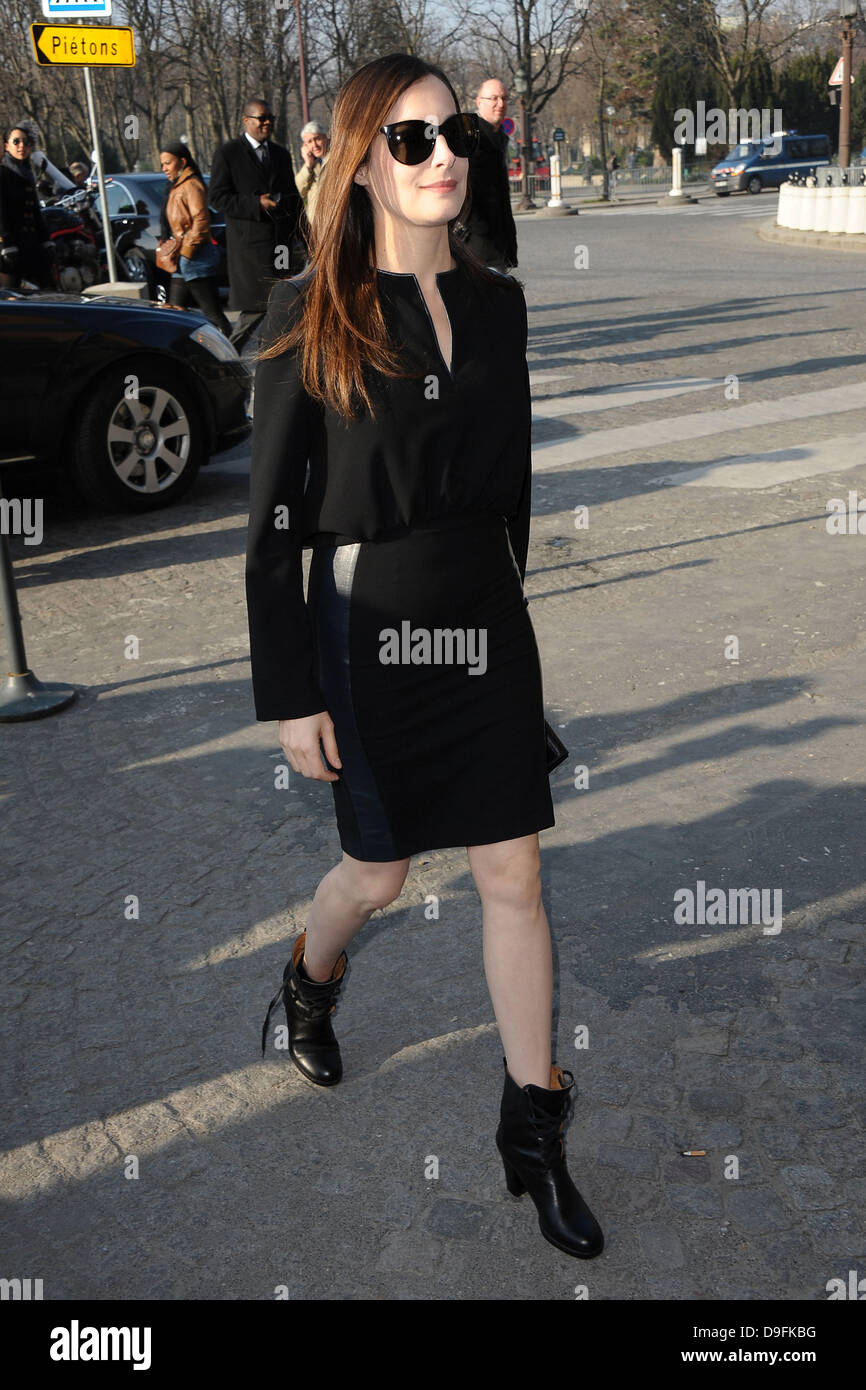 Paris Fashion Week Amira Al Zuhairs Zimmermann Debut
May 24, 2025
Paris Fashion Week Amira Al Zuhairs Zimmermann Debut
May 24, 2025 -
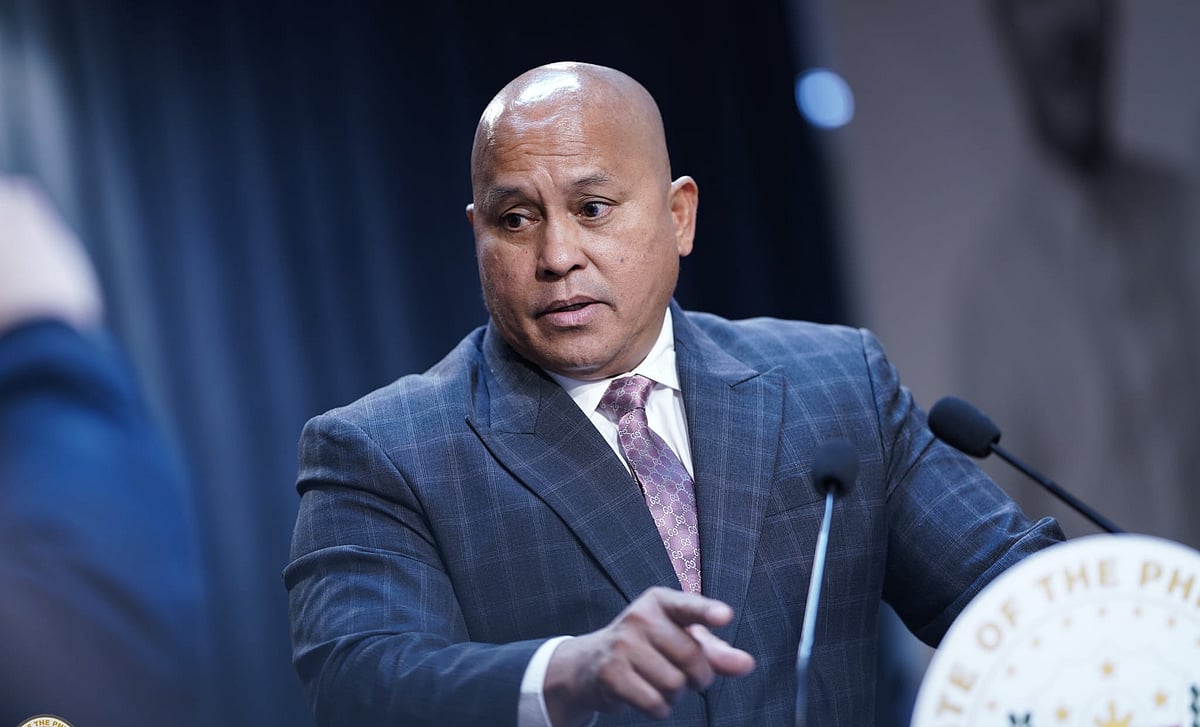 Controversy Erupts Ferraris Rebuke Of Hamiltons Unfair Remarks
May 24, 2025
Controversy Erupts Ferraris Rebuke Of Hamiltons Unfair Remarks
May 24, 2025 -
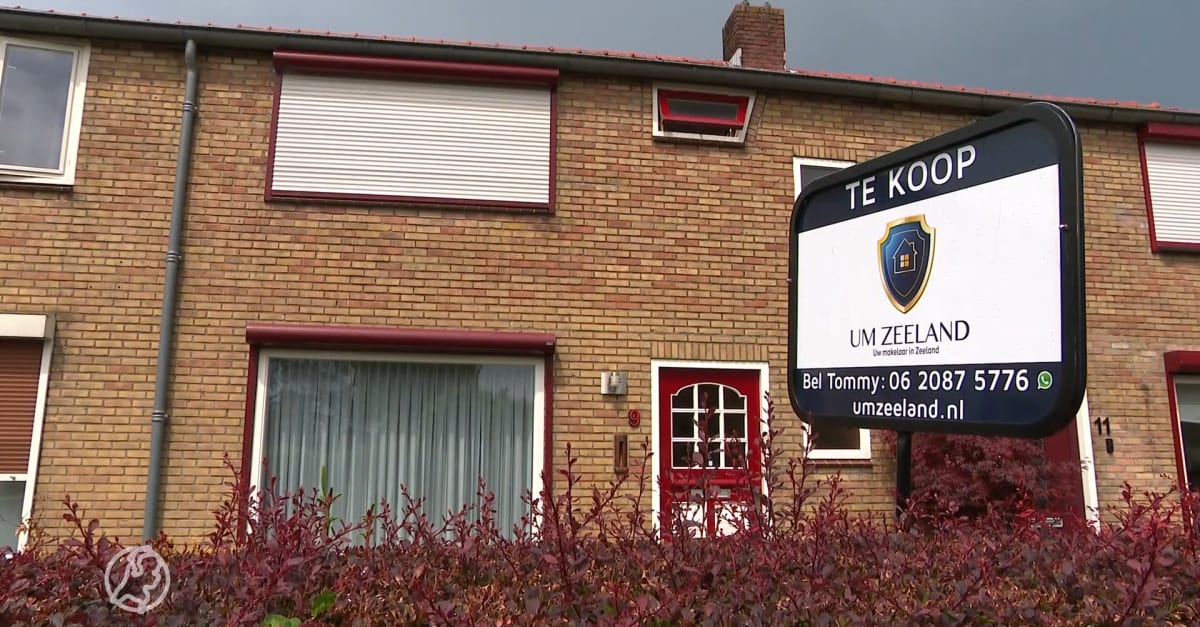 Relx Sterke Financiele Prestaties Dankzij Ai Ondanks Economische Onzekerheid
May 24, 2025
Relx Sterke Financiele Prestaties Dankzij Ai Ondanks Economische Onzekerheid
May 24, 2025 -
 90 Let Sergeyu Yurskomu Pamyati Velikogo Aktera Intellektuala I Ostroslova
May 24, 2025
90 Let Sergeyu Yurskomu Pamyati Velikogo Aktera Intellektuala I Ostroslova
May 24, 2025 -
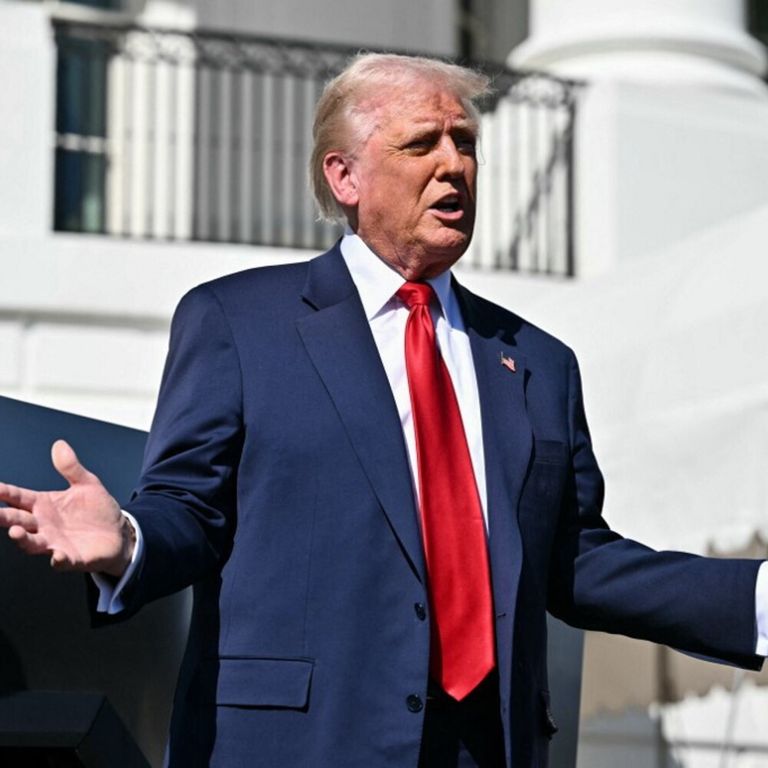 Borse In Picchiata La Ue Risponde Alle Nuove Imposte Sui Dazi
May 24, 2025
Borse In Picchiata La Ue Risponde Alle Nuove Imposte Sui Dazi
May 24, 2025
Latest Posts
-
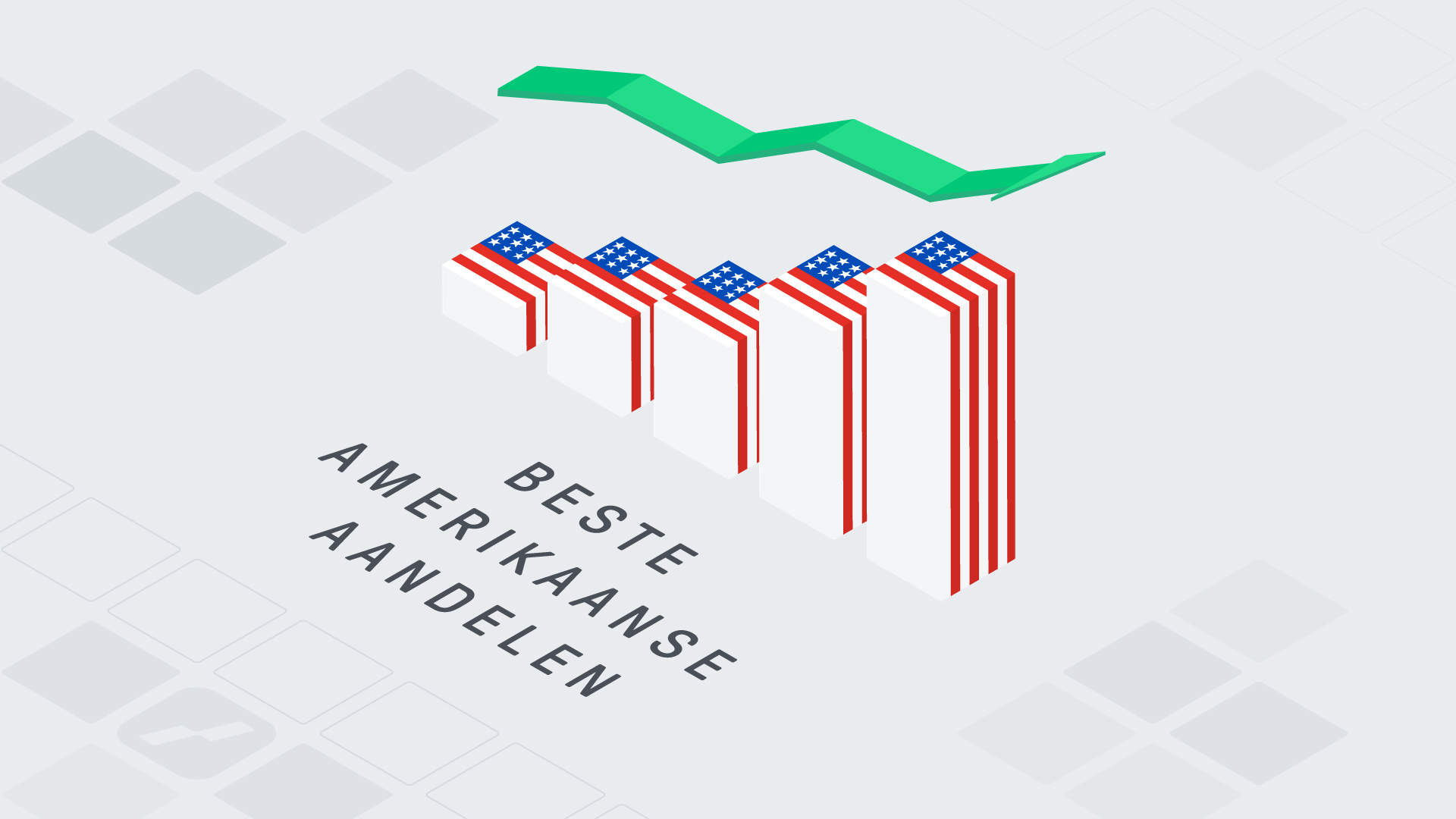 Europese En Amerikaanse Aandelen Analyse Van Recente Marktbewegingen En Mogelijke Trends
May 24, 2025
Europese En Amerikaanse Aandelen Analyse Van Recente Marktbewegingen En Mogelijke Trends
May 24, 2025 -
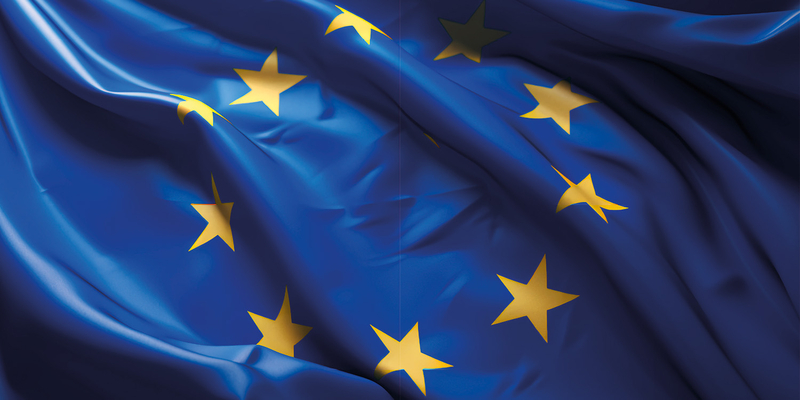 Snelle Marktbeweging Europese Aandelen Vergelijking Met Wall Street En Toekomstverwachtingen
May 24, 2025
Snelle Marktbeweging Europese Aandelen Vergelijking Met Wall Street En Toekomstverwachtingen
May 24, 2025 -
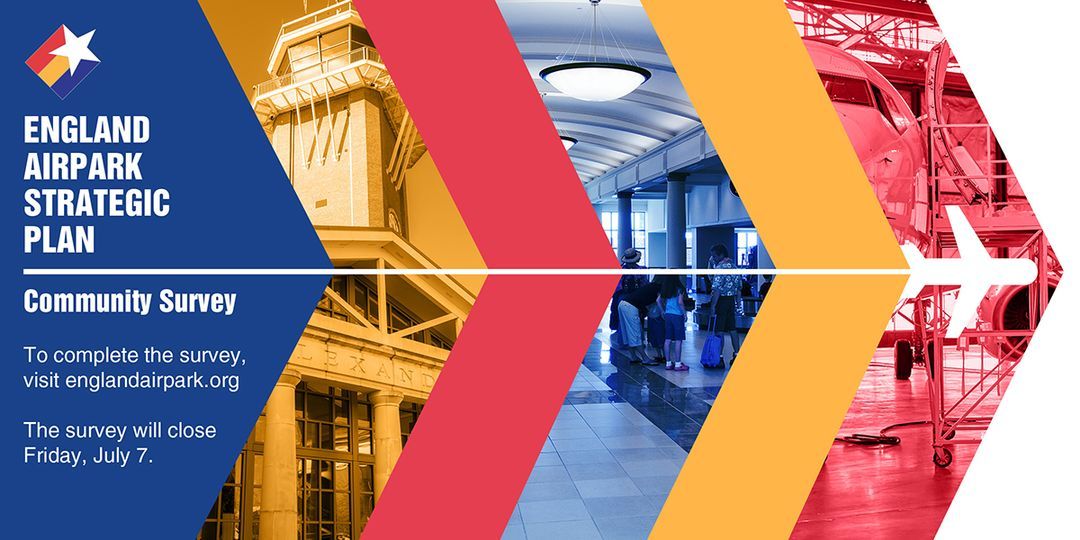 Discover The World From Your Backyard England Airpark And Alexandria International Airports Ae Xplore Initiative
May 24, 2025
Discover The World From Your Backyard England Airpark And Alexandria International Airports Ae Xplore Initiative
May 24, 2025 -
 Analyse Krijgt De Recente Markt Draai Bij Europese Aandelen Ten Opzichte Van Wall Street Een Vervolg
May 24, 2025
Analyse Krijgt De Recente Markt Draai Bij Europese Aandelen Ten Opzichte Van Wall Street Een Vervolg
May 24, 2025 -
 Important Information Regarding Philips 2025 Agm
May 24, 2025
Important Information Regarding Philips 2025 Agm
May 24, 2025
